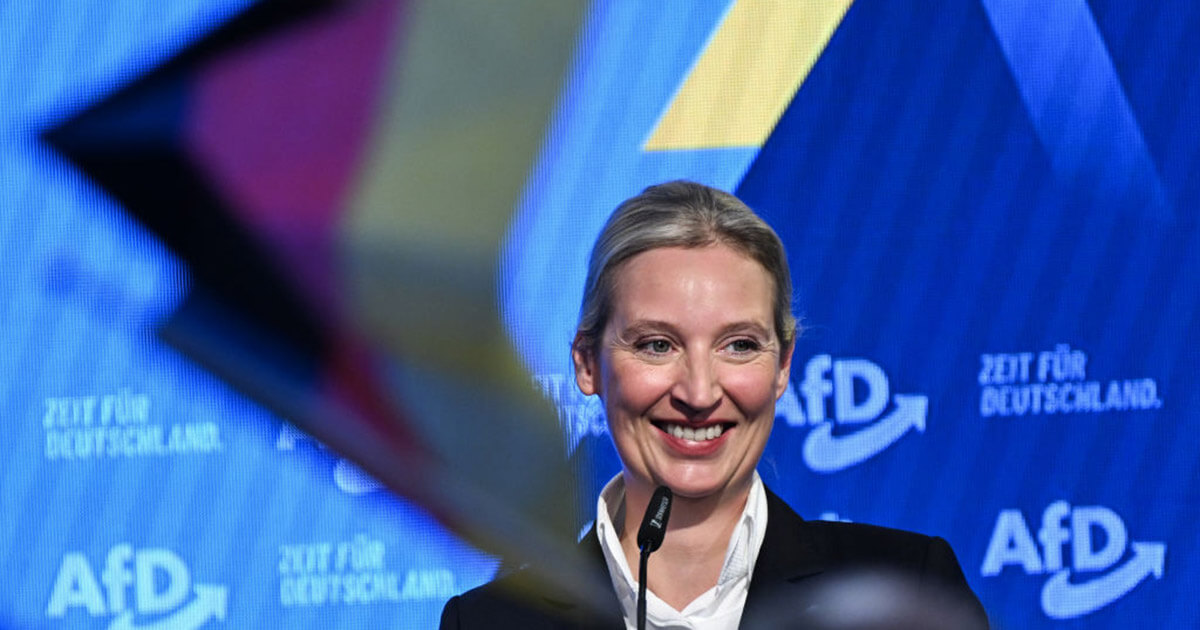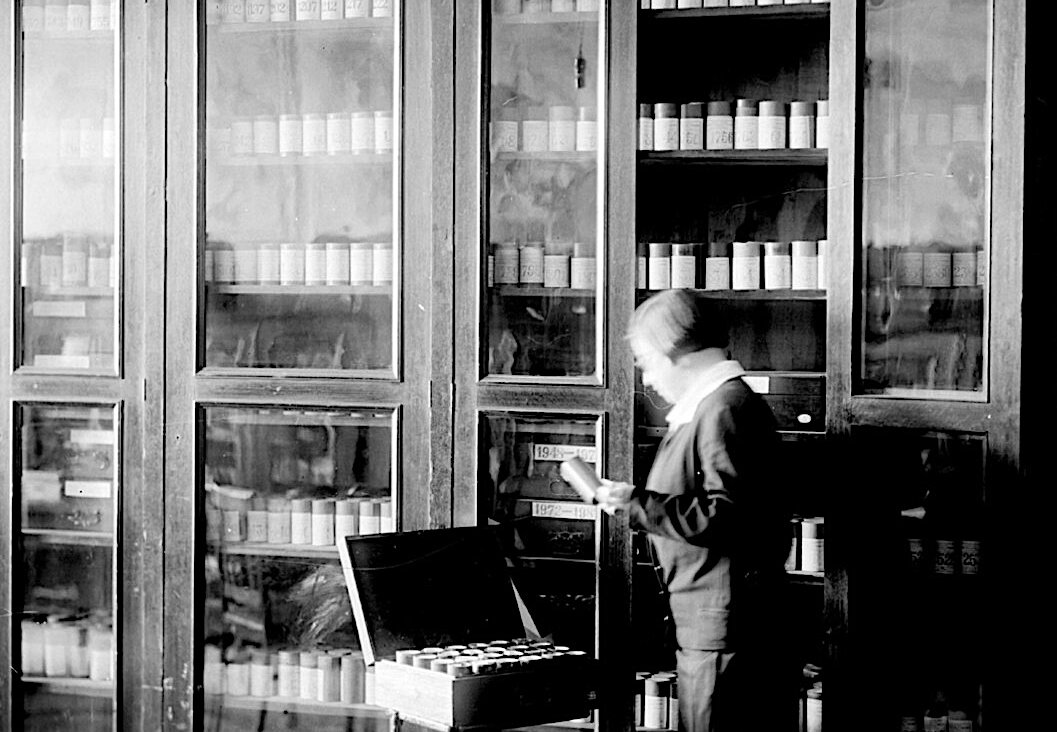Nonprofit CEO Focuses on Social Justice
As a young labor organizer in the late 1990s, Simon Greer was particularly fond of a certain motto often recited by his boss: “If I am not for myself, who will be for me?”
But having grown up without any ties to the organized Jewish community, Greer was unaware that the quotation is part of a famous aphorism by the sage Hillel. “I just thought it was a labor slogan,” he recalled, noting that his boss “offered this as part of his identity, and I didn’t realize that it came from his Jewish identity.”
Today, Greer is both bemused and troubled by his former ignorance. As the current president and chief executive officer of Jewish Funds for Justice, a growing nonprofit that delivers roughly $3 million yearly in grants to domestic social change groups, his goal is to find new ways to narrow the gap between two worlds that he feels are too often separate: the social justice community and the Jewish community.
“Jews are all over the progressive landscape, but not out as Jews,” he explained in a recent interview with the Forward. Conversely, he said, in the Jewish world, notions of broad social justice are often watered down: “A synagogue will say that justice is the heart of what we do and that Judaism is all about justice … and then the conclusion will be, so let’s bring a can [of food] in next week.”
Jewish Funds for Justice was created in 2005, with the merger of Jewish Fund for Justice and The Shefa Fund. The new organization has a staff of 30, and is in a period of rapid growth, with an operating budget that grew by nearly 20% last year and is slated to grow by more than 15% this year. The bulk of the money goes to the core programs inherited from the organization’s two parent groups: In addition to the grant-making operation, Jewish Funds disbursed $1.7 million aid fund dedicated to the victims of Hurricane Katrina and manages a $6 million fund that provides loans to low-income individuals.
In the 18 months since he started in his position, Greer has been busy adding new programs, including a congregation-based community-organizing program that involves more than 80 synagogues across the country; a two-year mentorship program for emerging Jewish social justice advocates, and a one-semester class on the tools for community-based organizing that currently involves a dozen rabbinical students from four New York-area seminaries. Greer is also piloting a program to help Jewish retirees share much-needed skills with some of the local community groups funded by Jewish Funds — either through extended work-trips or ongoing partnerships with groups that reside in their local communities.
Greer is collaborating with other Jewish groups working on social justice; for example, Jewish Funds has partnered with the Reform movement on a new initiative called Just Congregations, which is mobilizing synagogues to launch social action programs. In addition to providing technical support and guidance to the Union for Reform Judaism, Jewish Funds has contributed $100,000 to the program over two years.
Greer, 38, says his path to what he calls the “sweet spot” where Judaism, spirituality and social justice intersect unfolded slowly. He describes Andrew Goodman, one of the young civil-rights activists murdered in Mississippi during the summer of 1964, as a childhood hero. Growing up on Manhattan’s Upper West Side, Greer attended Riverdale’s Ethical Culture Fieldston School, a liberal-minded, socially aware academy founded by Jewish secularist Felix Adler. His parents, Greer said, had grown up Orthodox in Great Britain, and they raised him with both a strong Jewish identity and social awareness, though the family did not participate in New York’s organized Jewish community. Greer’s bar mitzvah was held in the family’s apartment, with a borrowed Torah.
After graduating from Vassar in 1990, Greer spent time developing programs for unemployed youth in a newly democratic Poland. Back in the States, he ran a campaign that successfully unionized the first hotel on North Carolina’s Hilton Head Island and then went to work with the nonprofit organizing group Jobs with Justice in Washington, D.C.
Over time, Greer began to seek out a spiritual context for his work. “The whole methodology of a lot of organizing, while vital, doesn’t go the whole distance,” he reflected, as he explained why he sought to incorporate Judaism into his social-change work. “I think a lot of young organizers, social-justice types, get burned out because the alignment between the values that they’re fighting for and the values that they work within isn’t there. So we’re fighting for people to not have to work in bad conditions and to have a voice, but the organizers don’t have a voice.”
“I think as people go through years of social change work, they either get really hard, or they start to see that they have to respect the humanity of the people on the other side of the issue,” Greer added. “I’m all for the edge… but there’s no need to have that mean edge.”
Eventually, Greer tested the waters of incorporating Jewish spirituality into his activism. He founded a volunteer group, Jews United for Justice, which is still active in Washington today; did consulting work for New York’s B’nai Jeshurun synagogue on how to revamp its social-action programs, and founded the first cohort of the Jewish leadership development program that has since been subsumed under the Jewish Funds umbrella.
Now, Greer is working to integrate an attention to the spiritual needs and development of individuals — whether they are Jewish Funds staff, volunteers or those in the wider social justice community — with a commitment to mobilizing more of the Jewish community to take political action to address societal problems.
“We want to be a one-stop shop for Jewish social justice,” Greer said. “Whether your kid is studying for her bat mitzvah, or you’re someone retired, or you’re a donor, or you’re a social justice activist who wants some Jewish identity, we want to be a home for all of that.”
A message from our Publisher & CEO Rachel Fishman Feddersen

I hope you appreciated this article. Before you go, I’d like to ask you to please support the Forward’s award-winning, nonprofit journalism so that we can be prepared for whatever news 2025 brings.
At a time when other newsrooms are closing or cutting back, the Forward has removed its paywall and invested additional resources to report on the ground from Israel and around the U.S. on the impact of the war, rising antisemitism and polarized discourse.
Readers like you make it all possible. Support our work by becoming a Forward Member and connect with our journalism and your community.
— Rachel Fishman Feddersen, Publisher and CEO





























